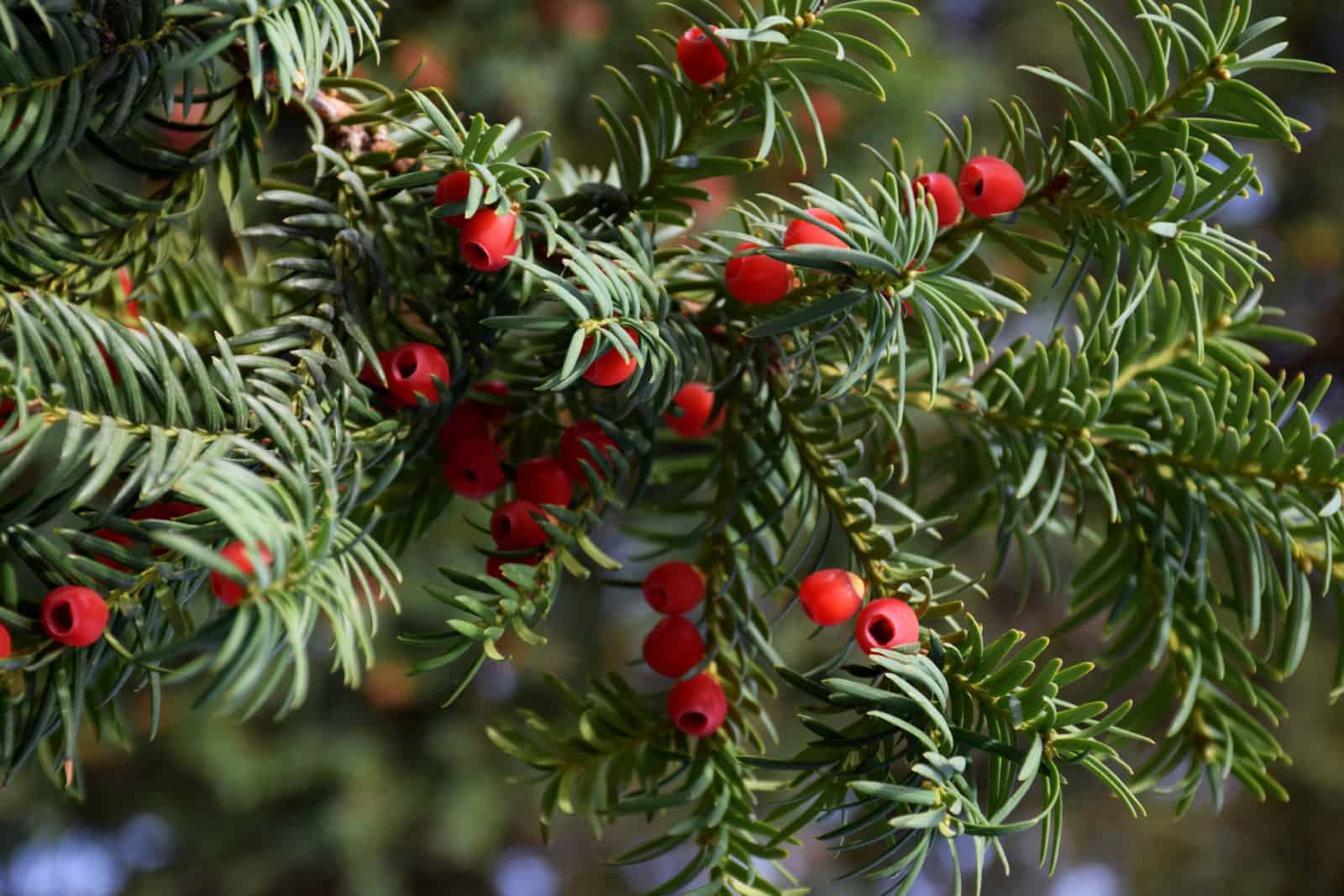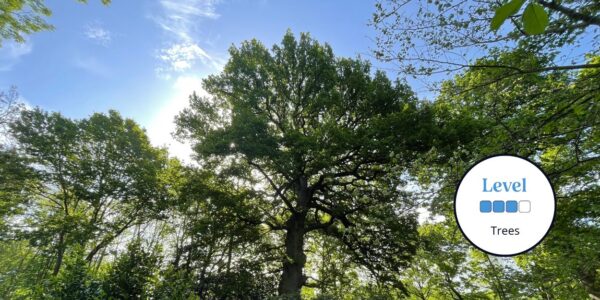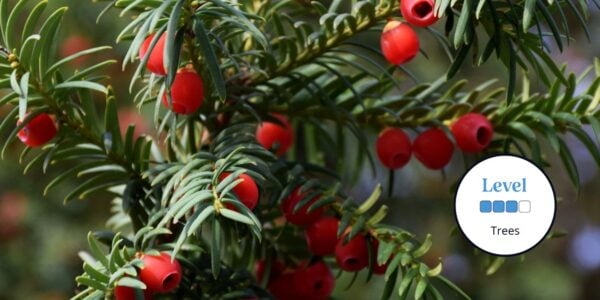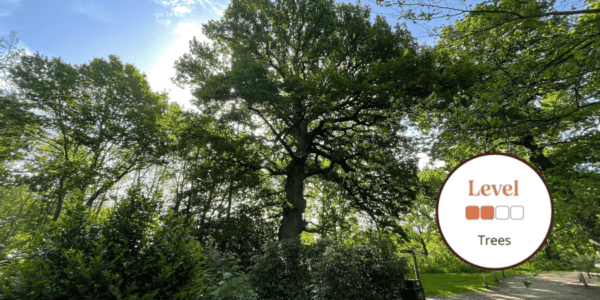This course is now fully booked.
For similar courses, please visit our website here.
This weekend botanical course is concerned with the identification of conifer trees; focusing on accurate identifications and diagnostic features.
We will also practice working with different keys to identification. The course will Begin by considering the key features of the different families and genera of conifers, study specimens of different cones and foliage, and practice looking for appropriate characters to confirm the species.
In winter, when there are very few flowers around and most of our native plants have lost their leaves, it is a wonderful opportunity to focus our attention on the conifers – most of which are evergreen and still bear cones.
Trees and associated Shrubs make up an obvious feature of the British landscape, from lowland heathland species, to upland and montane forests rich with bryophytes and lichens. The British flora is remarkably poor in diversity of native conifers but many introduced species form a major feature in our landscape. But our native and non-native trees are coming under direct threat from a number of challenges: climate change, pollution, development of ancient woodland sites, and a number of diseases and pests. Against this government agencies, forestry companies, conservation charities and other organisations are undertaking widespread and widescale planting schemes. The challenge ahead is to make sure any planting is sustainable and utilises appropriate species and sites.
Your course takes place on a 12-hectare estate, surrounded by a rich range of habitats, including the River Severn and semi-ancient woodland, set in the heart of Shropshire with views disappearing into Wales. PLEASE NOTE the course fee is for tuition only. If you would like to book accommodation and meals, including packed lunches, at Preston Montford please email [email protected] Please book early to ensure availability of accommodation.
Who Should Attend?
Natural history enthusiasts, students, rangers, ecologists, environmental professionals. This intermediate level course is open to anyone with some knowledge of the subject.
Knowledge Level – Intermediate. Level descriptors can be found on the following webpage: Framework and Course Level Descriptors
Manchester Metropolitan University students must also select Broad-Leaved Trees, and do both 2 day courses to complete the unit Identifying Trees.
What will be covered during this course?
- The course will be delivered through a combination of seminars, laboratory identification sessions and practical field work.
- Identifying a range of woody plant species in the field and in the lab. Systematic approaches to identification using dichotomous keys.
- The problems of challenging taxa such as Pinus, Picea, Abies and others.
- How to record and deal with these groups individually and also as part of recording schemes.
- Techniques for collecting voucher specimens for validation. Problems with bulky species. The importance of collecting vouchers for identification. Use of collector and determiners.
- The use of referees and the validating system for difficult higher plant groups. The Botanical Society of Britain and Ireland and their system of vice-county recorders and referees who can give a determination for species.
- Awareness of published resources for identification; i.e. handbooks, cribs, general guides, online.
By the end of the course, you will be able to:
- Compare and contrast the major Coniferous families distinguishing between them and identifying a selection of common species using a range of dichotomous keys
- Evaluate the role that Coniferous Trees have as ecological indicators and their use in indicating habitat type
Accreditation
This is one of a series of courses (Units) run jointly with Manchester Metropolitan University contributing to the MSc Biological Recording and Ecological Monitoring and the Postgraduate Certificate in Biological Recording. MMU students complete assessed work after the course. For further details about Manchester Metropolitan University degree programmes please contact:
Department of Natural Sciences, Manchester Metropolitan University, (Shrewsbury Office). Email: [email protected]
- See the ‘Example Timetable’ and ‘What’s Included’ sections below for more information about this course.
- Upon booking you will need to provide individual details of all attendees
- Please email [email protected] if you have any questions.
Assessment
For Manchester Metropolitan University students, the Unit will be assessed through, for example, identification tests, survey reports, field journals, production of keys, essays or other forms of assessment. In course tests are optional and less formal for participants who are not MMU students.
MMU students will be required to complete a portfolio comprising of two parts:
Part 1: At the end of the course a test with a range of specimens. Points awarded for correct identification, and critical comparison between specimen and superficially similar/related species. (Numbers, groups and presentation will be covered by the tutor over the teaching weekend) (Equivalent to 500 words).
Part 2: Collect a range of either Conifers or Broad-leaved species (choice to be decided by tutor). Create voucher specimens, with full biological records. Key diagnostic features to be listed for each species, comparing and contrasting how these differ from analogues species (these can be presented on the voucher specimen or separately as detailed notes). Design and construct a dichotomous key to your collection of specimens selecting strong taxonomic characters, that distinguish them from other species within the collection. (1500 words).
Tutor: Mark Duffell
Mark Duffell has had a lifetime interest in plants, gaining the RHS Diploma in Horticulture and completing an MSc in Biological Recording. He now runs Arvensis Ecology, splitting his time between conducting botanical surveys and teaching botanical identification and survey techniques to undergraduate and postgraduate students, consultancies and environmental organisations.Book with Confidence
We understand the difficulties of making plans in the current situation when guidelines continue to change, and insurance conditions are being tightened. In response, we will continue to offer additional flexibility. Find out more here
Example Timetable
Example Timetable
This timetable is subject to change but should give an outline of what to expect.
If you have booked accommodation and meals with the centre your bedroom will be ready from 3.00 pm onwards on the day of arrival and we ask that you vacate by 9.30 am on the morning of departure.
If numbers are sufficient a station pick up will be arranged at 5.30 pm from Shrewsbury Station.
The evening meal is at 6.30 pm (not included in the course fee - please book separately).
The course starts after dinner with a classroom session 7.30 pm - 9.00 pm
The course ends at 4.00 pm on the final day.
Time will be made available for eating packed lunches during the day (not included in the course fee - please book separately).
Friday
The course starts after dinner on the first day with an evening classroom session, focused on cone identification
Saturday
The morning will include a practical classroom session focused on identification features of the foliage, followed by a field session, putting into practice our identification skills. There will be another classroom session after dinner.
Sunday
More field work in the morning, followed by the test for university credits in the afternoon (open also, informally, to non-credit-seeking participants).
What's Included
What’s included?
- Classroom learning covering the theory of the subject
- Field excursions to apply new knowledge
- Expert tuition for which the FSC is renowned
- Clear objectives and progression
You can rest assured that the absolute best content from an expert in environmental education will be provided. In choosing an FSC course, you will be joining thousands of people who learn with us each year.
PLEASE NOTE the course fee is for tuition and refreshments only. If you would like to book accommodation and meals, including packed lunches, at FSC Preston Montford please email [email protected] Please book early to ensure availability of accommodation.
Before You Attend
There will be a member of staff with first aid training and access to a first aid kit on site. If you have special medical or access requirements, please let us know as soon as possible so we can make any necessary adjustments.
What to Bring
Please bring the following with you if you can:
- Hand lens (x10 magnification) - can be borrowed from the Centre.
- Appropriate casual clothing.
- Stout shoes or boots (wellies can be borrowed from the Centre).
- Waterproofs (just in case!) – these can be borrowed from the Centre.
- Small rucksack or bag.
- Lunchbox, water bottle and/or thermos flask.
- Notepad, pens and pencils.
- Binoculars if you have them.
- Clear plastic ruler (available to borrow from the centre).
Recommended Reading
- Stace C.A. New Flora of the British Isles 3rd Ed. (2010). CUP
- Johnson, O. and More, D. Collins Tree Guide (2006) (or others) for trees.
Sorry this course booking is closed




